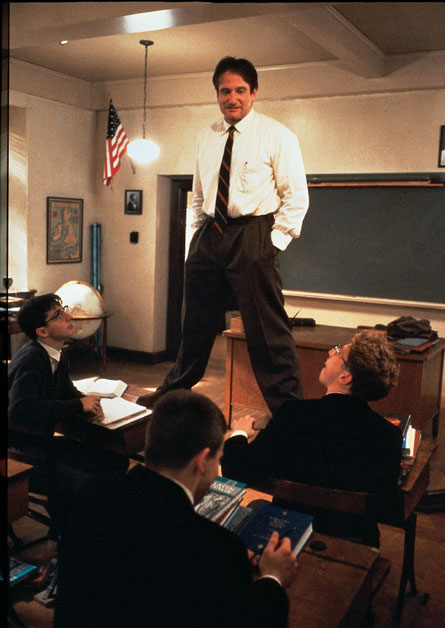First impressions
After months of no information beyond our term dates, today has been something of a bombardment, with about 20 staff members' names and other important information. There are about 100 of us doing PGCE this year, and that is split into Foundation Phase, Intermediate Phase and Senior Phase/FET (which I am doing).
We spent a good 2 hours (with a short tea break) going through introductions to all the staff members, whose names I've forgotten already, and getting to know our classmates with a fun icebreaker and a lengthy but interesting introduction of each person and their background, goals and expectations of the course. It's a fantastic mix of people - some of them have families, some have already been teaching for years, one guy sells longboards, another has already taught in Japan, and everyone seems pretty friendly and excited about the course so far. We also got a big booklet, full of all the information I've been so antsy about.
 |
| YAY! |
Teaching Interaction
After a lunch in which I rushed across town to buy stationery, acquired delicious sushi, bumped into freshly-returned-from-holidays friends and showed my friends a nice shady gazebo sort of thing, we launched into our first lecture. A friend mentioned a particular lecturer as being amazing, and Hennie definitely lived up to his reputation.
We watched some clips of hollywood movies of teachers like The Dead Poets Society, set to Pink Floyd and Queen (which got Hennie my instant respect), and then talked about various elements of teaching. What do we talk about when we talk about teaching? Well, the lecture itself was very interactive, with Hennie posing the question and asking us to fill in the blanks with basic observations of the lecture itself. Things like diction, the power dynamics between the lecturer and students, interaction, intimacy, informality, control, and different learning styles were mentioned.
Then he showed us some clips of real teachers teaching. First a grade 1 teacher who was teaching a small group of about 20 young kids to count, using everything from counting blocks to her toes, to their ears, and it was amazing. Once again I find myself wondering if I have chosen the right phase, as it definitely looks more fun to teach younger children. I can't imagine what a teenager would do if I tweaked their ears and noses to teach them maths. Hmmm...
Language in Schools
Another clip showed a high school teacher who was teaching maths to disadvantaged Xhosa kids. She gave them a problem and told them they needed to work it out in pairs, and left them to it. It was interesting that the kids discussed the problem in English even though they shared isiXhosa as a home language. Maybe they see English as the language of School, which could be good. Or maybe they see it as the language of Knowledge, which worries me (having had post-colonialism and the colonisation of the mind drilled into me during my English Literature studies).
I think that shows the importance of home language education, which is not quite fully available in South Africa yet. Granted we've come pretty far since the kids were forced to learn in Afrikaans back in the days of Apartheid, with every school now teaching an African language as a subject. But it would be ideal to see schools that taught kids the major subjects like Maths and Science in their home language so that a) they can understand the concepts without having to translate them first and b) they don't feel that knowledge belongs to a specific language or culture. Of course, there's a hell of a shortage of teachers in this country, and looking at my class, 95% of them spoke English as a home language. People in the class who speak other South African languages at home, now in their early/mid-twenties, have been educated in English or Afrikaans, and so tertiary education is also in either of those two languages, so it's clear that having fully isiXhosa or isiZulu schools are quite a bit far off, but I do hope it happens.
I think that might be why basic isiXhosa is a compulsory part of doing the PGCE, and while I'm terrified of having to learn a new language that is so different to either of the languages I speak fluently (English and French), I am keen to both learn it, and observe how they teach it to us, so I can put some of those ideas into practice when I get my own classroom.
And the grand finale!
It turns out that our university has an exchange program with Switzerland, and they will select 4 applicants to send to Switzerland to do our teaching practicals there. I cannot even begin to tell you how much I want to do this. More information on that to come, though. SO KEEN.
 |
| Ahem. |


No comments:
Post a Comment